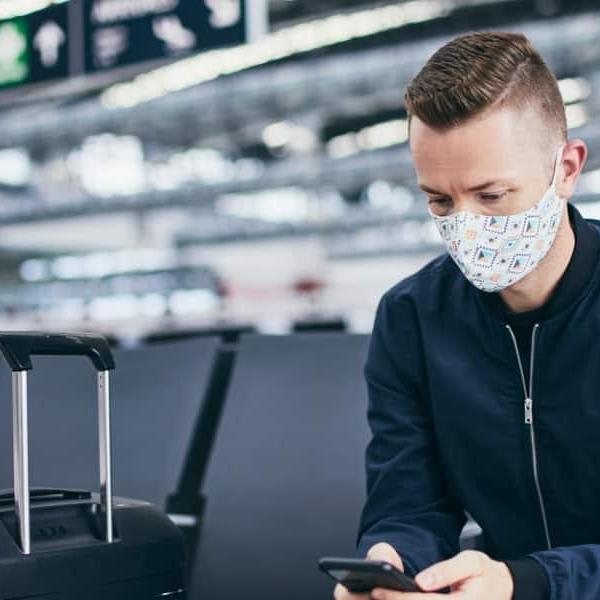Sustainability
Sustainability Becomes a Business Fundamental
Regulators and markets are watching to ensure organizations are making progress on ever-increasing and ever-more-critical goals to reduce emissions, save energy and preserve our planet. Instead of being just one business metric among many, sustainability is now a business fundamental, one bringing systemic change as travel resumes.
Sustainability is good business and particularly good HR, as 4 out of 5 travelers told us they would rather work with an organization with a sustainability policy when we were putting together this year’s Corporate Travel Sustainability Index.
But how does an organization – and its travel managers – move beyond good intentions and carbon offsets and encourage impactful, greener choices when it comes to deciding how employees get to their destinations and where they stay?
Knowledge is power
With business travel moving from a cost-above-all model to one where the costs of going green are costs worth considering, travel managers and other decision makers must educate themselves on the intricacies of sustainability. It’s not simple – one veteran consultant says it took him a year to understand the topic – but attaining a grasp of the details of emissions and comparable metrics is essential.
Educating business travelers themselves is an opportunity to help those employees develop a deeper appreciation of the impact of their choices when booking. Provide quick ways for them to see the difference between direct and multi-stop flights, aircraft and trains, and public transit and rental cars. Use apps and policies to steer and explain their choices. And that can include choosing to not travel in some cases.
Where change can occur
Transportation and lodging are two sizable contributors to emissions but are both areas where businesses and other organizations can help drive change. The airlines and lodging chains they decide to use can help those industries become more sustainable themselves.
Air travel: Sustainable aviation fuels, from renewable instead of fossil source, are more expensive, but they provide an opportunity. Organizations can encourage or require airlines and other suppliers to choose sustainable fuels, driving both change and the markets. In the same vein, organizations can choose use airlines with newer, greener fleets.
Lodging: A hotel stay can produce as much emissions as a one-hour flight. Hotels vary widely on how green they are, and experts say it’s a misconception that big hotels with lots of services are less green than smaller, more basic ones. So, it doesn’t have to be a question of comfort vs. sustainability (a fact worth sharing with travelers). Weighing the sustainability of hotels isn’t easy, as there are many competing, sometimes proprietary measures. Travel management software can help provide comparables.
Tools that help
Core and extended SAP Concur solutions provide tools to direct travelers to greener options while booking and to educate them about the effects of their choices. Other features provide timely reports and other information that travel managers and financial decision makers can use to share progress with the C-Suite on sustainability initiatives and demonstrate how they align with your company’s goals.
Learn more
In a session from the SAP Concur Travel Industry Summit, experts Julie Avenel, American Express Global Business Travel; Martin Biermann, HRS Group; and Sarah Wilkin, Fly Green Alliance, discuss actions being taken in the aviation and hotel industries sectors and steps you can take in your travel program. HERE
